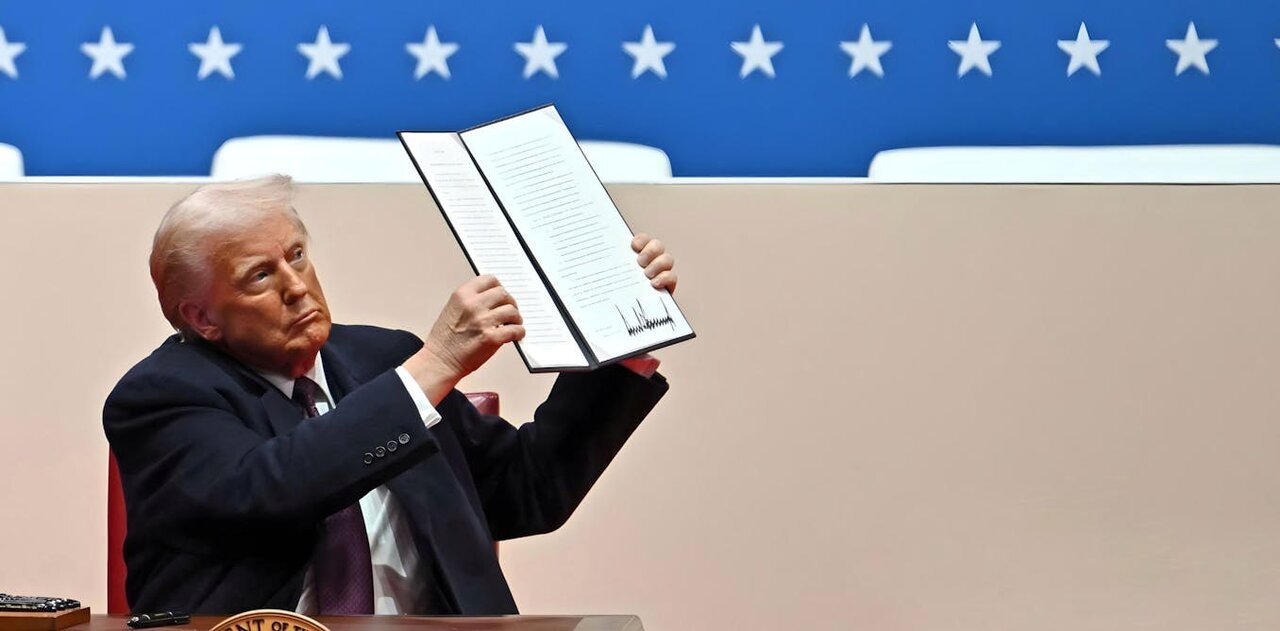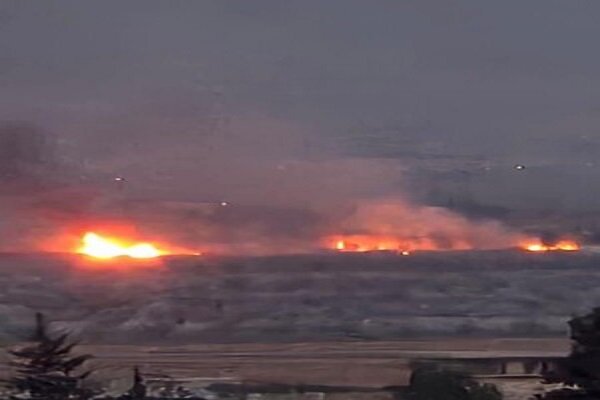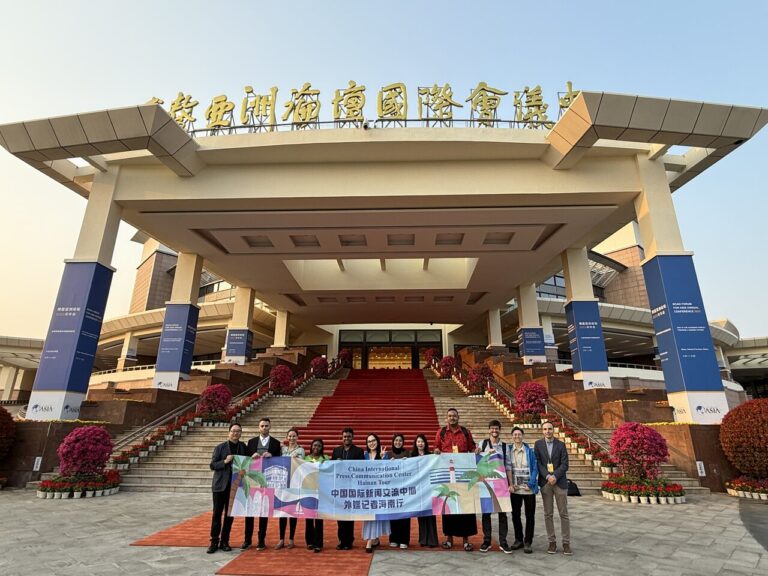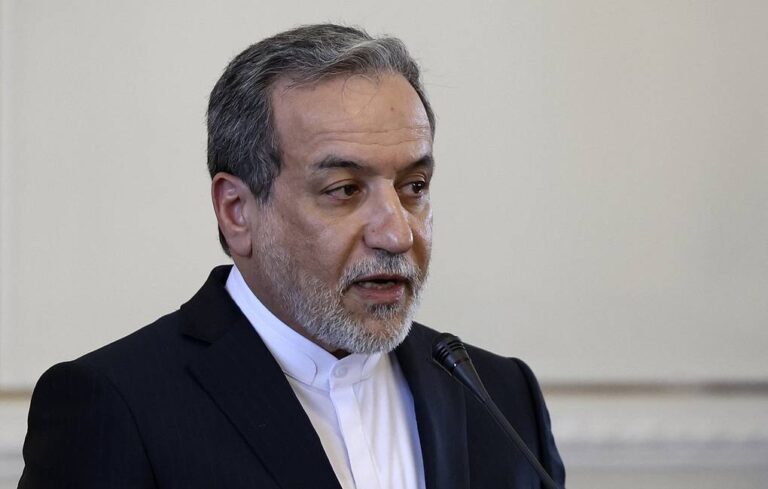Unraveling the Rise of Authoritarianism in America: A Critical Examination
As the political landscape in the United States shifts with Donald Trump’s anticipated return to power in 2025, the health of American democracy is once again under scrutiny. Many political analysts and commentators who once viewed Trump as a significant threat to democratic norms are now downplaying these concerns, suggesting they were exaggerated. However, the reality is that American democracy faces unprecedented challenges today.
Trump’s initial election in 2016 sparked a vigorous defense of democratic principles among American institutions. Yet, this time, there’s a palpable sense of indifference towards the threats posed to democratic governance. The situation is dire, as evidenced by the Freedom House global freedom index, which saw the U.S. drop from a score of 92 in 2014 to 83 in 2021, placing it below countries like Argentina.
The constitutional safeguards that once seemed robust are faltering. Trump’s attempts to overturn the 2020 election results and obstruct a peaceful transition of power went unchecked by both Congress and the judiciary, and the Republican Party has since rallied behind him for another presidential run. This time, Trump’s campaign openly embraced authoritarian rhetoric, promising to target political opponents and suppress dissent.
In this context, it’s crucial to understand the implications of what a second Trump administration could mean for democracy in the United States. Here are some key points to consider:
- Authoritarian Governance: Unlike classic dictatorships, Trump’s administration may not abolish the electoral process but could undermine it through competitive authoritarianism—where elections occur but are marred by abuses of power.
- Weakening of Democratic Norms: The erosion of civil liberties and the politicization of government institutions could jeopardize free and fair elections.
- Targeting of Dissent: Critics of the government may face increased scrutiny, legal challenges, and economic pressures, discouraging public opposition.
- Weaponization of State Institutions: Government agencies could be used to intimidate or prosecute political rivals, reminiscent of tactics employed by authoritarian regimes worldwide.
Trump’s initial term was characterized by a lack of experience and oversight, which, paradoxically, allowed democratic structures to hold. However, this time, Trump’s consolidation of power within the Republican Party, purging dissenters, and surrounding himself with loyalists could spell disaster for democratic integrity.
While Trump’s regime may not dismantle the Constitution outright, it could significantly undermine democratic norms, leading to a system where elections are held, but the playing field is heavily skewed in favor of incumbents. This situation can create a facade of democracy while systematically dismantling its core principles.
Under competitive authoritarianism, political life in the U.S. could radically change. Here’s how:
- Increased Risks for Dissenters: Public opposition could lead to targeted investigations and retaliatory actions against those who criticize the government.
- Political and Economic Coercion: Businesses that oppose the government may face regulatory backlash, while those who align with it could receive lucrative contracts or favorable treatment.
- Media Suppression: Critical media outlets may face legal action, discouraging them from pursuing investigative journalism.
The possibility of a weaponized state raises serious concerns about the future of civil liberties in the United States. Trump has previously indicated a willingness to use extreme measures against dissent, which could lead to civil rights violations on a large scale, including potential military action against protesters.
The politicization of key government institutions poses another threat. The federal bureaucracy, which employs millions, could see its functions distorted to serve political ends rather than public interests. This could result in a lack of accountability and transparency, further weakening democratic governance.
Despite these challenges, American democracy has sources of resilience. The structure of U.S. institutions, including an independent judiciary and a federal system, may help mitigate the worst excesses of authoritarianism.
Moreover, American civil society remains relatively robust compared to other countries that have succumbed to competitive authoritarianism. Here are some potential strengths:
- Strong Civil Society: A well-organized and financially viable opposition can pose significant challenges to authoritarian rule.
- Institutional Checks: Independent courts and regulatory bodies can act as barriers to the complete erosion of democratic norms.
- Public Engagement: Higher levels of civic engagement and activism can foster resilience against authoritarian encroachment.
However, complacency is dangerous. The erosion of democratic norms can occur gradually, often unnoticed until it’s too late. Those who wish to see a return to robust democratic governance must remain vigilant and active, resisting the pressures to retreat into silence or resignation.
As the political landscape shifts, the need for a robust opposition is more critical than ever. The survival of democracy in the U.S. hinges on public engagement and the willingness of citizens to challenge authoritarian tendencies. History shows that movements for democracy can face significant setbacks, but resilience and commitment to democratic ideals can lead to eventual victories.
In conclusion, the future of American democracy is at a crossroads. The potential for competitive authoritarianism looms large, but with concerted effort and civic engagement, it is possible to hold the line against authoritarianism and ensure the continued vitality of democratic principles.
Teven Levitsky is the David Rockefeller professor of Latin American Studies and a professor of government at Harvard University, while Lucan A. Way is a distinguished professor of democracy in the Department of Political Science at the University of Toronto.
They are the authors of Competitive Authoritarianism: Hybrid Regimes After the Cold War.
(Source: Foreign Affairs)






